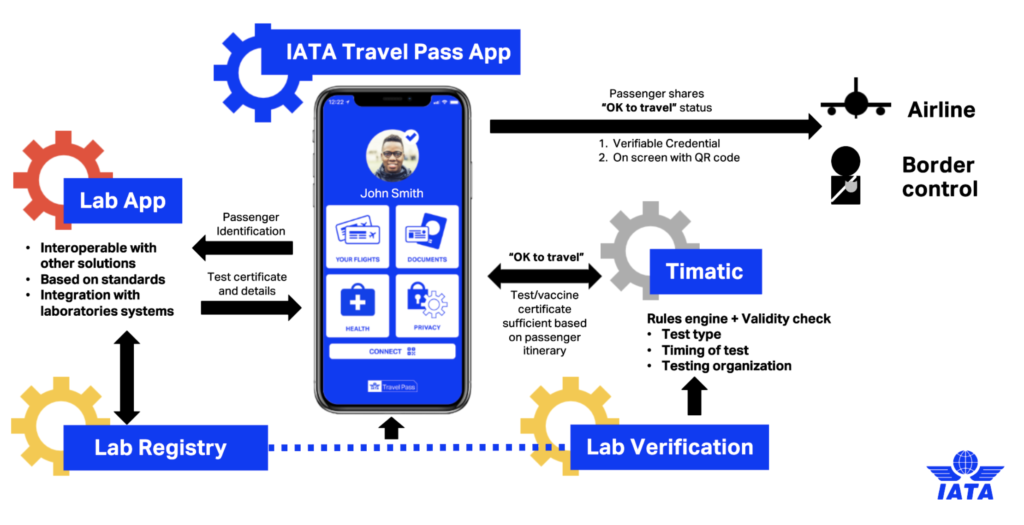Singapore reopens borders: 'We'll have to live with Covid'
Will Covid-19 be part of our lives for a long time to come? It is possible. With such conviction, Singapore has decided to implement [...]
Will Covid-19 be part of our lives for a long time to come? It is possible. With such conviction, Singapore has decided to implement a long-term plan to succeed in returning to everyday life. The only possible way is to be able to live with the virus.
In this article:
A return to normalcy aimed primarily at managing the infection, avoiding spikes and sharply reducing the statistics in terms of hospitalization. Having, however, as a goal the eradication of the virus, as well as its variants, could force everyone to sacrifice their daily routine for too long.

The Singapore model
It cannot be ruled out that the Singapore Become our new normal. The minister of commerce has spoken on this issue. Gan Kim Yong, the minister of finance Lawrence Wong and the minister of health Ong Ye Kung. Their thoughts can be summarized this way, "It is not possible to eradicate the virus. We can, however, turn this pandemic into something much less threatening, like the flu or chickenpox. That way we can get on with our lives."
A line of thinking that comes from an area that has been able to respond very effectively to the contagion, albeit advantaged by the fact that it boasts a "small" number of citizens. Thanks to very strict controls, carried out on just under 6 million inhabitants, deaths since the start of the pandemic are, to date, just 36.
Even here, where the struggle can be said to be almost won, contagions are not absent. The dream of the zero transmission seems destined to remain so. If the Singapore record still involves an average of 18 daily infections (according to the last month), it may be time to think about the plan B, to living with a less lethal virus that may never go away.

Living with Covid
In the near future, one might speak of Covid as a seasonal flu. Almost absent in the warm months and ready to make its presence felt, albeit significantly milder, in the fall and winter. "It has been 18 months since the pandemic began. People are tired and wondering when this will end," these are the words of the Singapore government task force reported by the Straits Times.
Covid-19 may never go away, they explain. We may have to live with it for years and years or forever. This is due to constant mutations, which will cause the virus to circulate in different communities. "The good news is that we will be able to live with it normally. That means that will become endemic". Flu vaccines will be more recommended, and extra care will continue to be taken for the elderly and frail people. However, people will no longer have to live with the fear of new lockdowns.

Singapore's plan
The goal is to vaccinate two-thirds of the population by August 9, with both doses. In these individuals, the level of infection is mild and symptoms are absent or comparable to mild influenza. The future is therefore being looked at, with a vaccination program multi-year.
This does not mean that at this stage we will say goodbye to strict border controls right away. It will, however, change the way they are carried out. The idea is to isolate and prohibit less but, at the same time, ensure the safe conduct of daily activities and events. Work is being done, therefore, on faster and simpler tests than the swab. It will be possible to carry out controls with outcome in 1-2 minutes, as with the breathalyzer for blood alcohol.
- 6,000 Mile Registration Bonus
- Collect miles WITH EACH PURCHASE
- Your miles with no expiration*
- No fees for ATM withdrawals and foreign purchases
- Without having to change banks
- Autonomous card activation
- Multi-function mobile application
- Free travel insurance
- Free credit for up to 7 weeks
- Contactless Payment
- Mastercard® SecureCode


 SIN
SIN


